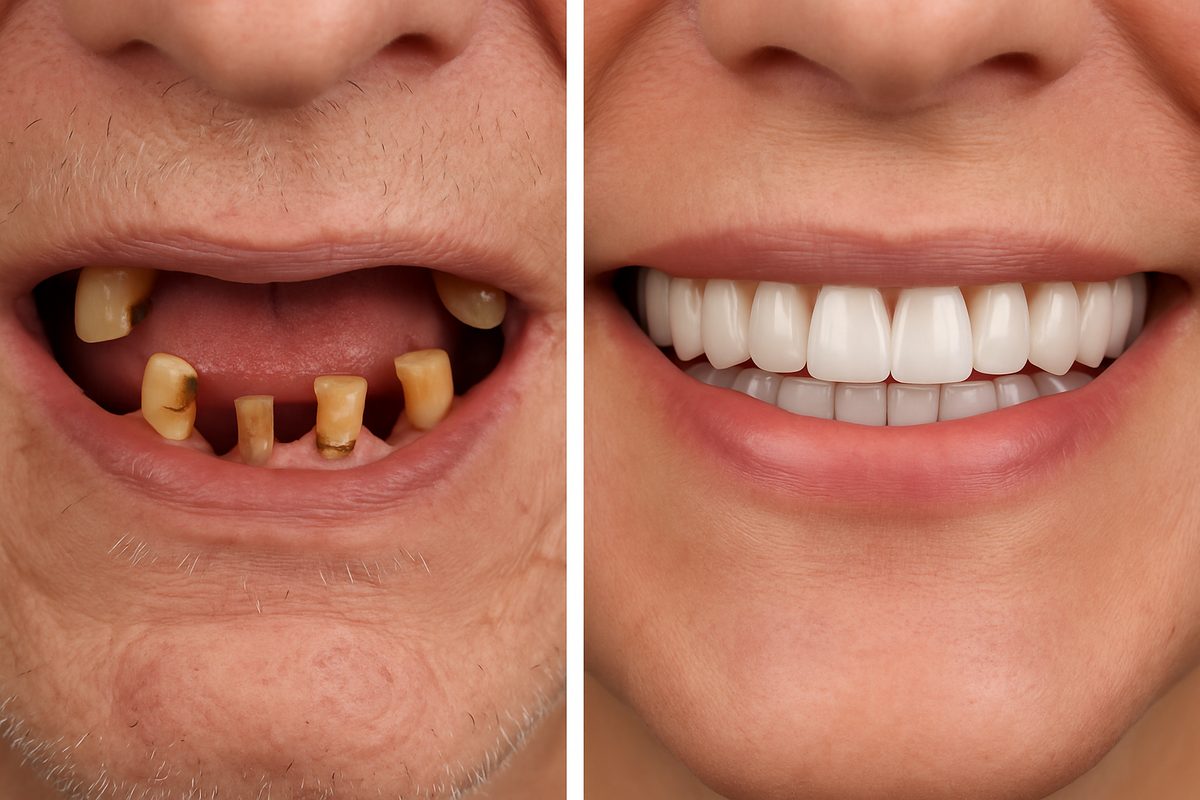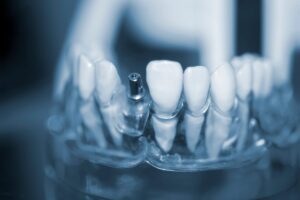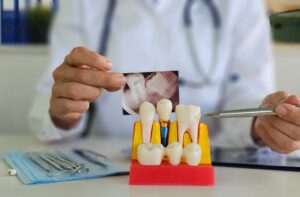The Definitive 2025 Guide To Implant Supported Dentures In Idaho Falls, ID This guide explains implant supported dentures in clear, practical terms for anyone considering a long-term tooth replacement. If you’re researching options to replace many or all of your teeth, this guide covers what implant supported dentures are, who qualifies, the step-by-step treatment process, recovery and care, costs, benefits versus traditional dentures, and how to choose a provider. For quick reference, this guide includes the exact keyword once: implant supported dentures idaho falls id.
What Are Implant Supported Dentures?
Implant supported dentures are denture prostheses anchored to dental implants placed in the jaw. Unlike traditional dentures that sit on the gums and rely on suction or adhesive, implant supported dentures attach to implants for greater stability, function, and comfort. They can restore chewing power and feel more like natural teeth.
Fixed vs Removable Options
Fixed full-arch solutions (like All-on-X) are secured to implants and only removed by a dentist. They function like permanent teeth and don’t come out daily. Removable overdentures snap onto locator attachments or bars on implants and can be taken out for cleaning. Fixed options feel more natural; removable options are often easier to clean and may cost less.
Who Is A Candidate For Implant Supported Dentures Idaho Falls, ID
Good candidates are missing several or all teeth, want improved stability, and have reasonable oral and overall health. A dental exam and imaging determine if your jawbone can support implants. Candidates also need realistic expectations about timeline, costs, and maintenance.
Bone, Gum, and General Health Considerations
Sufficient jawbone is essential. If bone has resorbed from long-term tooth loss, bone grafting may be required before implant placement. Healthy gums and controlled medical conditions (like diabetes) improve success rates. Smoking, uncontrolled systemic disease, and poor oral hygiene can increase risks and affect candidacy.
The Step‑By‑Step Treatment Process
Treatment usually follows a clear timeline: consult and exams, 3D imaging and planning, implant surgery, healing and temporary teeth, then final prosthesis placement. Total treatment time varies from a few months to a year depending on grafting and healing needs.
Consultation & 3D Imaging
A consultation includes oral exam, medical history review, and Cone Beam 3D X-rays to assess bone volume and plan precise implant placement. 3D imaging helps the team design the best implant positions and prosthesis for comfort, function, and esthetics.
Implant Placement: Immediate vs Delayed Loading
Immediate loading means temporary teeth are attached the same day as implant placement when stability is high. Delayed loading waits for osseointegration (bone healing around the implant). The choice depends on bone quality, number of implants, and clinical judgment.
Healing, Adjustments, and Final Prosthesis
Healing typically takes several months for implants to integrate. Patients return for adjustments and impressions before the final denture is fabricated. Final fitting ensures proper bite, comfort, and appearance.
Recovery, Daily Care, And Lifespan
Expect swelling and mild discomfort for a few days after surgery, managed with medication and ice. Stick to a soft-food diet initially, gradually returning to normal foods as advised. Most people resume regular activities within a few days but avoid heavy physical exertion while healing.
Daily Cleaning & Long‑Term Maintenance
Clean implant-supported dentures daily—brush the prosthesis, floss or use interdental brushes around implants, and use antimicrobial rinses as recommended. Regular dental checkups and professional cleanings every 3–6 months help detect issues early and keep implants healthy.
How Long Do Implant Supported Dentures Last?
Implants can last decades with good care; the prosthesis (denture) may need replacement or relining every 5–15 years due to wear or changes in the mouth. Factors affecting longevity include oral hygiene, smoking, medical conditions, and routine maintenance.
Cost Factors & How To Pay For Implant Supported Dentures Idaho Falls, ID
Costs vary based on number of implants, type of prosthesis (fixed vs removable), need for bone grafts or extractions, material quality, laboratory fees, and provider experience. All‑on‑X treatments and high-end materials increase costs but may offer superior long-term value.
Insurance, Financing, And Payment Plans
Dental insurance may cover parts of the procedure, like extractions or partial prosthesis costs, but implant coverage is often limited. Many practices offer third-party financing, in-office payment plans, and health-care credit options to help budget treatment.
Benefits And Risks Compared To Traditional Dentures
Benefits include better chewing efficiency, clearer speech, improved comfort, less denture movement, and preservation of jawbone. Patients often report higher confidence and quality of life with implant solutions.
Potential Risks And Complications
Risks include infection, implant failure, nerve or sinus complications, and the need for adjustments or repairs. Choosing experienced providers, following postoperative instructions, and maintaining oral hygiene minimize these risks.
How To Choose A Provider For Implant Supported Dentures Idaho Falls, ID
Look for providers with experience in full‑arch cases and both All‑on‑X and overdenture options. Confirm use of 3D imaging, guided or robotic assistance when available, and ongoing training. Ask about success rates, before-and-after cases, and team support.
Questions To Ask At Your Consultation
Ask about the provider’s experience with similar cases, their use of CBCT and guided/robotic systems, expected timeline, anesthesia or IV sedation options, success and complication rates, warranties, and financing options.
About Bird Dental Studio & Dr. Jayson Bird
Bird Dental Studio provides comprehensive implant and restorative care in Idaho Falls. Dr. Jayson Bird is a general, cosmetic, and implant dentist recognized for implant placement excellence and uses technologies such as CEREC same‑day crowns, Cone Beam 3D imaging, Yomi robotic guidance, All‑on‑X, and IV sedation. The team emphasizes individualized treatment plans, clear communication, and long-term outcomes. Bird Dental Studio — 3381 Merlin Dr, Idaho Falls, ID 83404. New patient scheduling: (208) 886-1280. Current patients: (208) 529-0999.
Next Steps: Ready To Learn If You’re A Candidate?
If you’re considering implant supported dentures, call to schedule a consultation. Bring a list of medications, medical history, and any prior dental records or X-rays. During the visit you’ll get a personalized plan and cost estimate to help you decide on the best path forward.






